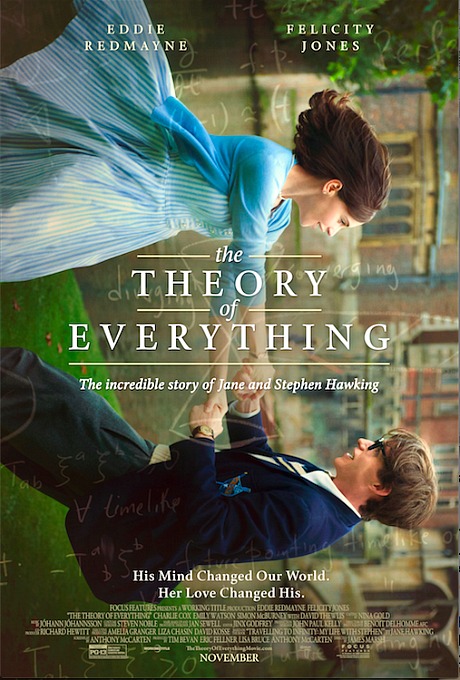Ira Sachs‘ Love Is Strange (Sony Classics, 8.22) is a bittersweet, sluggish, mild-mannered tale about an older gay couple, Ben (John Lithgow) and George (Alfred Molina), facing financial hardship and having to give up their condo and temporarily move in with friends. It’s all because they’ve recently married and George, a Catholic school music teacher, has been canned by the Archdiocese for the usual homophobic reasons. Right away I asked myself, “They didn’t see this coming? They didn’t even suspect that the Catholic elders might react this way?” Not very bright if you ask me. It’s great to get openly married and wave your flag but what idiot would do this knowing that it might lead to getting whacked? My second thought was, “They can’t they fight this in court? Doesn’t George have an extremely strong discrimination case against the Archdiocese? What are they gonna do, take this lying down?”
They take it lying down, all right. Sachs doesn’t want any blame-gaming or court battles. His film is mostly about coping and weary resignation. Sachs is interested in the humiliating process of leaning on friends and family and having to make do with less, and in basically going down the drain with dignity. The film’s slogan, if you want to give it one, is “life sure gets hard when you lose your home but at least we love each other and our extended families are helping but whoa, what a way to wrap things up.” Love Is Strange is nothing if not kindly, perceptive and compassionate, and there’s no faulting Lithgow and Molina’s performances. They know exactly what they’re doing and how to make many (okay, more than a few) of their scenes turn the key and flip the lock. But let no one doubt that Sachs has made a very low-key, occasionally quite trying film. I didn’t hate it but I checked my watch at least six or seven times.
Read more






